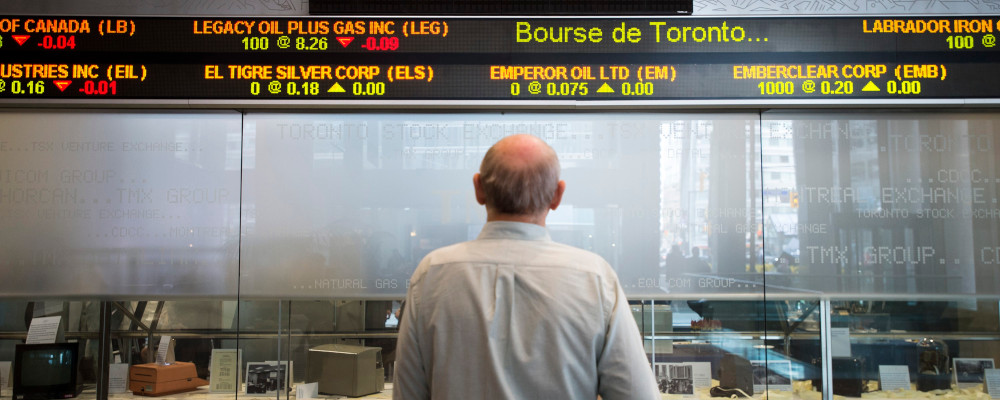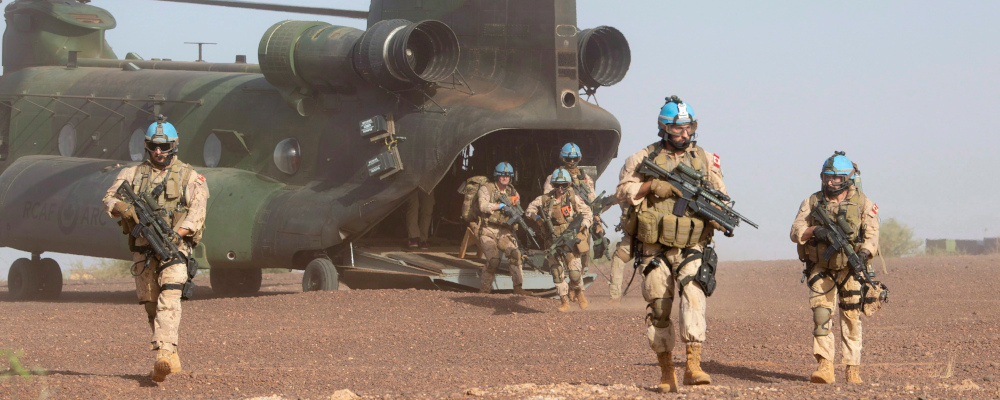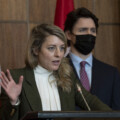Fears of recession have grown in the wake of two important bank failures in the United States. This has put central bankers and elected officials on alert and renewed calls for government action to avoid a possible downturn.
Though many will urge the government to “do something,” we should remember two important patterns. First, recessions are less common and milder than they used to be. And second, we have economic freedom to thank for much of this change.
Consider, first, the frequency and severity of recessions. Across Western countries, recessions are now further apart and shallower than they were in the past. Indeed, the length of time between recessions has increased by more than a year (on average) since the late 19th century. Over time, recessions have also grown less severe.
Based on the most recent revisions to Canada’s GDP numbers, between 1870 and 1900, inflation-adjusted GDP fell nearly once every four years and the average contraction was close to three percent of GDP. From 1900 to 1945, those proportions remained roughly similar. However, since 1945 inflation-adjusted GDP fell only once every 15 years and the average contraction was two percent.
Before you conclude that this is because we have all become Keynesians now, consider the second important fact—this reduction in the size and frequency of recessions is due in large part to economic freedom. Citizens have economic freedom when they’re allowed to exchange with whomever they want on whatever terms they wish. For citizens to enjoy economic freedom, the government must protect and respect property rights, permit free trade, be limited in size and scope, and maintain the value of its currency.
Economic freedom has permitted innovations in transportation, information, and financial technologies that have reduced the number and severity of recessions. Higher economic freedom makes it easier to develop and adopt these technologies. And makes it easier to adjust when shocks occur.
In research with Jamie Bologna Pavlik and Rosolino Candela, I studied whether economically freer societies suffered less during pandemics, which are generally associated with economic contractions. Looking at data from the late-1850s onward, we found that contractions were smaller in economically freer economies because when governments let markets work, firms, consumers, and households can adjust their choices and decisions more easily.
Other economists including Justin Callais and Christian Bjørnskov have generalized these findings to other economic threats such as natural disasters and financial crises. The lesson is clear. If Canadian governments (at all levels) were to deregulate, it would not only boost long-run growth, it would also limit the severity of the next recession, whenever it does come.

One place to start would be policies that limit competition. These policies include limitations on foreign investment in banking, telecommunications, air transport, mining, broadcasting, and energy. They also include outright government monopolies on services such as urban transit and mail. Thanks to these policies, 30 percent of the Canadian economy is, to some degree, shielded from competition.
These barriers to competition limit the incentives of firms to innovate, cut costs, and expand their activities. The result is slower economic growth. These barriers also make it difficult for people to move between sectors of the economy, which makes it harder to adjust during recessions—something that increases the pain of a recession when one does occur.
It’s impossible to know whether a recession is imminent. But you don’t need to be an oracle to realize that letting markets work might actually make things better, not worse.
Recommended for You

Ginny Roth: J.D. Vance, Pierre Poilievre, and how they slice their economic pie

David Polansky: As President Biden leaves the race, will the Democratic Party hodgepodge hold?

RCMP spending to protect MPs may have risen 112% since 2018, as Canadian politicians face greater rise in threats

Trevor Tombe: Canadians are paying billions in hidden taxes on new homes









